Best TV series to learn Spanish

Learning a language through series and films is a really good (and fun) way of exposing yourself to the language naturally at the same time as connecting with something that you enjoy doing… So, basically, a double win!
For me, it was “Friends”. My visit to the States back in 2002 helped me discover this hilarious all time series and develop real commitment to improving my English through understanding what they were saying. It even became addictive because the more I understood, the more motivated I felt to keep learning the slang, the expressions, the jokes...
This was a huge insight for me, to connect my learning with something that I thoroughly enjoyed. I could recall the language so much easier because what I had learned made sense and it was contextualized.
For Pete it has been “Cuéntame cómo pasó” without a doubt. This is the longest running Spanish series which tells the recent history of Spain through a typical family “La familia Alcántara”.
This is an amazing series not ...
Why is learning the alphabet so useful?
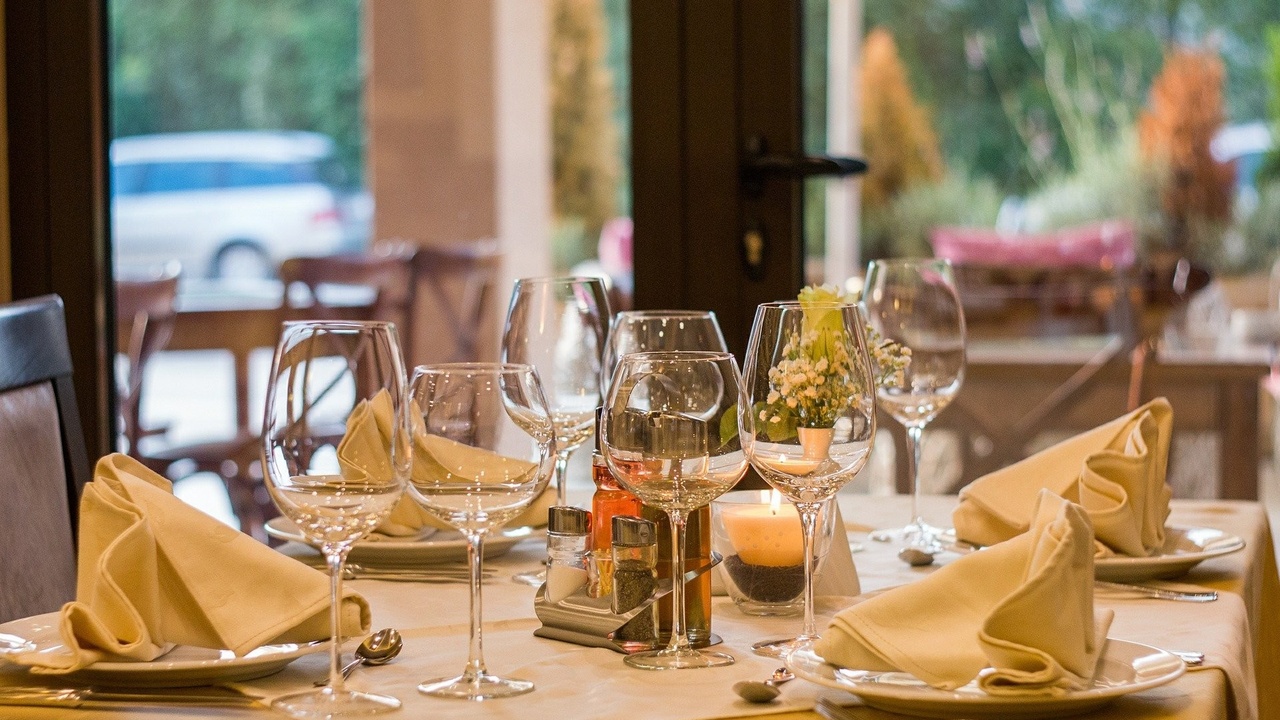
Typically, in a traditional Spanish course, the alphabet is presented in a mechanical way without explaining how powerful and useful spelling is.
But I would like to show you how handy it is to know the name of the letters in Spanish, especially the ones that are relevant to you, like your name and personal details! If you want to book a table or make an appointment of any type, you’ll need to say at least your name, your surname and perhaps other info like your address.
And chances are they contain sounds that are unknown to the Spanish ear and therefore difficult to understand unless you spell it out for them. This is particularly true when you are talking on the phone!
But really, knowing the alphabet can assist you in lots of situations.
For example, many times you may not understand a spoken word, but you can make sense of it when you see it written down as it may be familiar in some way. Perhaps it’s similar to English, another language that you already know, or maybe you’v...
La nevada de Madrid - Madrid's snowfall!
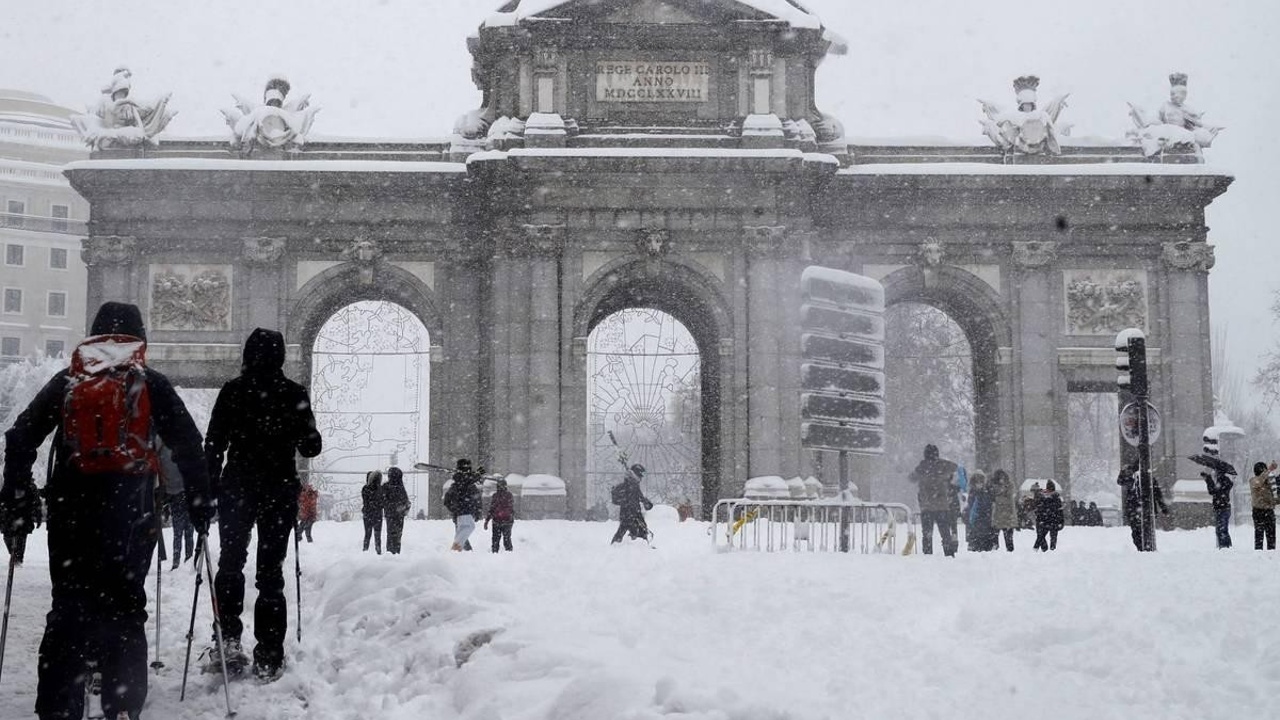
Last weekend there was a historic snowfall in Madrid and other parts of Spain as storm “Filomena” is making its way through the country.
And as I was talking to friends and family, I realised that the conversations were full of wonderful expressions of surprise. Here are some of the most commonly used:
¡Qué pasada! - How amazing/incredible!
¡Madre mía! - Oh my goodness!
¡Ostras! - Literally “Oysters!” In Spanish used as an expression of deep surprise.
¡No me lo puedo creer! - I can't believe it!
Have you heard any of these before? They are all very common and natural ways of expressing surprise, amusement, excitement and even shock!
Incorporating these to your vocabulary will help you sound natural and fluent :)
So, what next? Write these expressions in your "cuaderno" and find an opportunity to use them ASAP!
¡Hasta pronto!
Cristina
El día de Reyes - The day of the kings
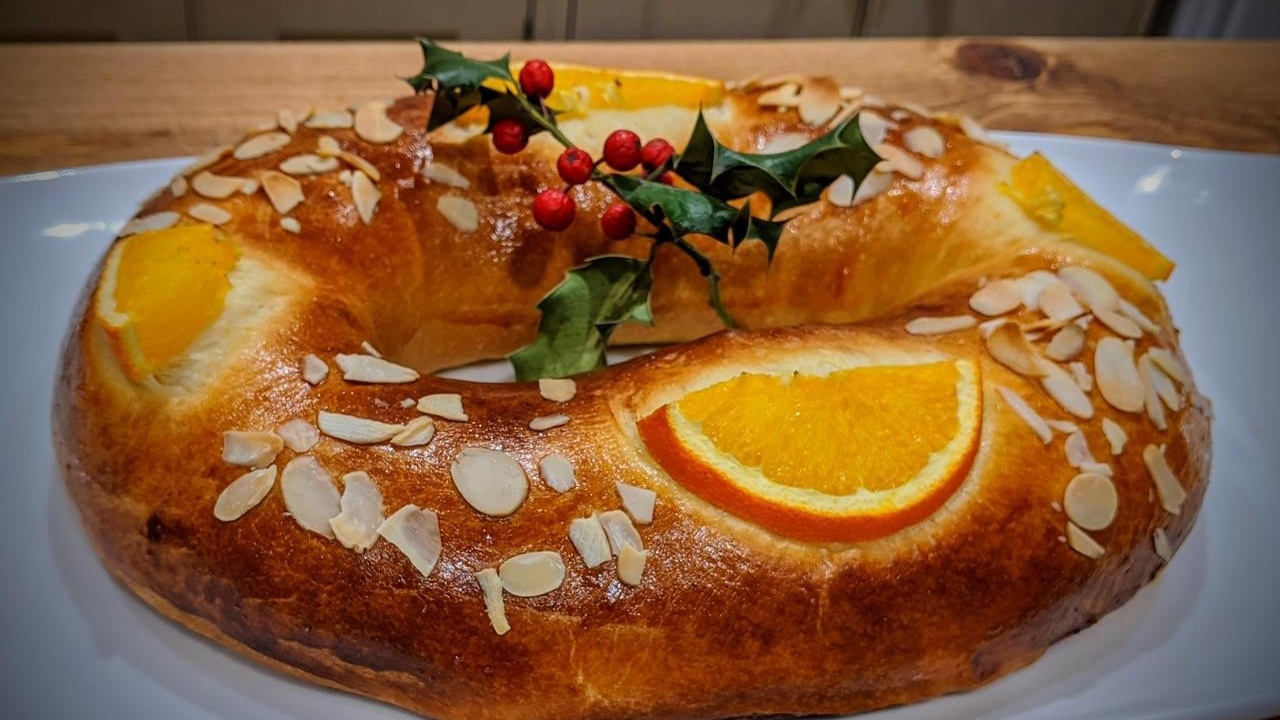
¡Feliz día de Reyes! (Happy Kings Day!)
Today is “el día de Reyes”, one of the most magical and special days for children (and adults) in Spain. The day that we open our presents and eat the delicious "Roscón de Reyes". And as we bring closure to the long Spanish Christmas celebrations, it seems like the perfect day to reflect on how the magic happens.
As I was growing up, I was always fascinated by the English language. Whenever I was on a family holiday in the Spanish “costas”, I would really pay attention to those speaking English around me. I rehearsed imaginary conversations in my head with them and I dreamed of what it would be like to live their lives in their country. And of course, my idols and crushes when I was 13 were “New kids on the block”, “Jason Donovan” and Rick Astley! Lol
Anyway, back to 2021, my reflection would be that our wishes and our focus become our purpose and when we turn that into action… We make things happen!
As I grew older I discovered how passionat...
Feliz Año Nuevo - Happy New Year!
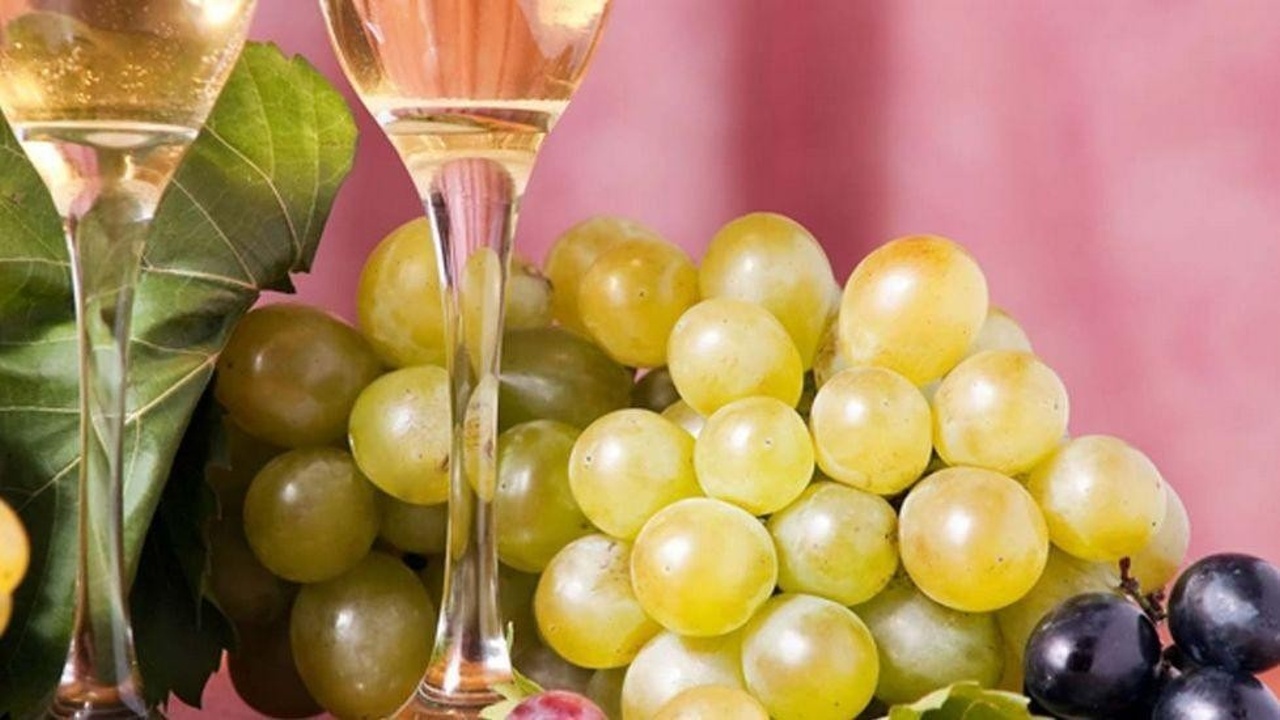
¡Feliz año nuevo!
So, we´ve officially said goodbye to 2020… and wow, what a year that was!
And as we welcome 2021 I wanted to share with you my favourite Spanish Christmas tradition…
Eating the 12 grapes at midnight on New Year's Eve!
(Or rather eating them at 11pm this year as we stayed in the UK… Thank goodness for living in the digital era and being able to watch everything live!)
In case you don't know what the grapes’ tradition is, basically, at midnight you eat one grape with each strike of the clock up to 12! And this is supposed to bring luck for the following year. Hence the popular name “las uvas de la suerte” (lucky grapes)
It's so exciting and so much fun trying to keep the pace while you watch everyone else going through them struggling too! If you’re ever in Spain on New Year’s Eve (Nochevieja), I really encourage you to try it.
Those few seconds are really powerful for me, they’re like a fast film of what’s happened during that year, feeling the gratitude for ...
Christmas in Spain
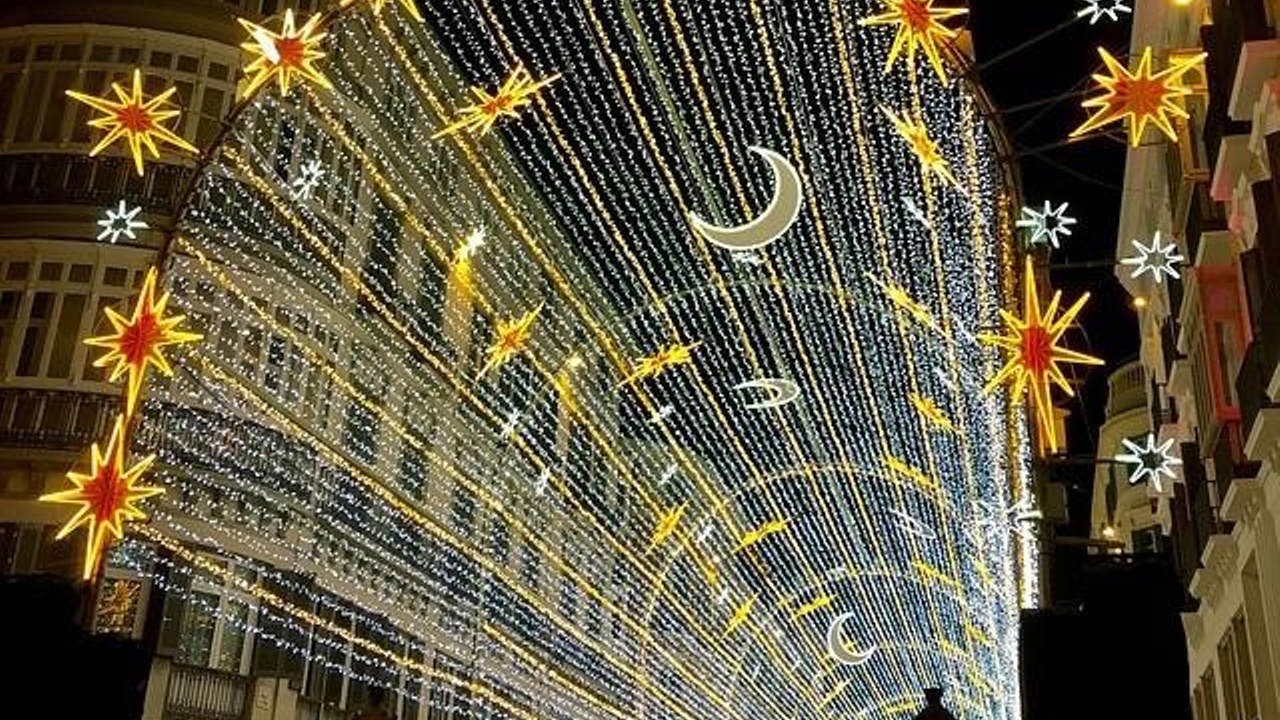
Christmas is a wonderful and very long festive period in Spain, where the main focus is to spend time gathering with family and good friends while eating copious amounts of food! lol
From late November, nativity scenes, Christmas lights, and other traditions start in the build up to Nochebuena, the 24th of December. But before that, on the 22nd there is the hugely popular “Lotería de Navidad” (Christmas lottery). Around 75% of Spaniards enter this lottery, which is the biggest ticket-based lottery draw in the world! The biggest prize is called “El Gordo” (the Fat One) and the combined prize fund is more than €2 billion each year. So if you happen to be in Spain around the time, you may want to consider getting a ticket!
Los mercados de Navidad, or Christmas markets in all big towns and cities are a great opportunity to feel the Christmas spirit. There you can find from Christmas decorations, gifts, or foods to fancy dress outfits and joke items! In fact, during the festive season, it...
How to learn hundreds of Spanish words immediately

A top secret and really smart way to learn a language is looking at the language(s) that you already know and what they have in common with the language that you are trying to learn, in this case, Spanish.
We never really start from zero. In fact, without knowing it there are loads and loads of words that are exactly the same or very close.
With languages, I love the thought of having “a pool” (our native) or “pools” (if we know any other languages) where we store what we know. The brain keeps looking and checking for what it needs and brings it out so we can have conscious access to it.
So, an adult brain always tries to connect to existing information, that’s why it really makes sense to link it back to what you already know. The more bridges that we can create to assist in finding the information and bring “the pools” together, the easier and faster the brain will find it.
So, let’s build bridges to link and create new connections!
First step… Let’s look at the obvious
Many wo...
Making Friends in Spanish

I remember the first time I was asked to consider the question “what is a culture” at university. I was already living in the UK and despite coming from Spain and having had close contact with other countries, all I could think about was all of the things that we can see (like the architecture, the music, the art, etc) So, basically, the more “obvious” expressions of a culture.
And then the teacher said: “Culture is what shapes our behaviour and structures a person's perception of the world”. I remember saying… wow, that's deep! And she said… Indeed, as deep as this… And showed us an iceberg!
Since then (15 years ago) I have widely seen the concept of culture represented with an iceberg figure, something like this:

Interesting, right? So, when we travel, live or meet someone from another culture, all we are presented with initially is the very tip of “their iceberg”. The visual and most obvious elements that let us know that are different from “our own”. And even those which seem ...
How to sound more natural in Spanish

I’m pretty sure you want to sound more natural in Spanish. In fact, that´s most learners' end goal: to be fluent and sound natural in Spanish. However, many think of that as a long term goal, once they’ve mastered other parts of the language…
But, let me tell you that there is really no need to wait. You can start sounding more natural today, whatever your level.
The secret is to incorporate fillers, “conversation helpers” or “muletillas”.
Fillers are called “muletillas” in Spanish… Literally, “little crutches!” I love this term as they indeed help with sounding more fluent and natural and give a sense of smoothness to the conversation.
I remember when Pete started learning Spanish and went to Madrid for the first time… He knew very little, but sounded like he knew so much more by being quite familiar with these 5 muletillas!
Let’s take a look at them:
1. Pues…
- This is a high frequency filler that will help you get started with your sentence and will also give you a couple ...
Why Spanish politeness is not about saying "please" and "thank you" all the time
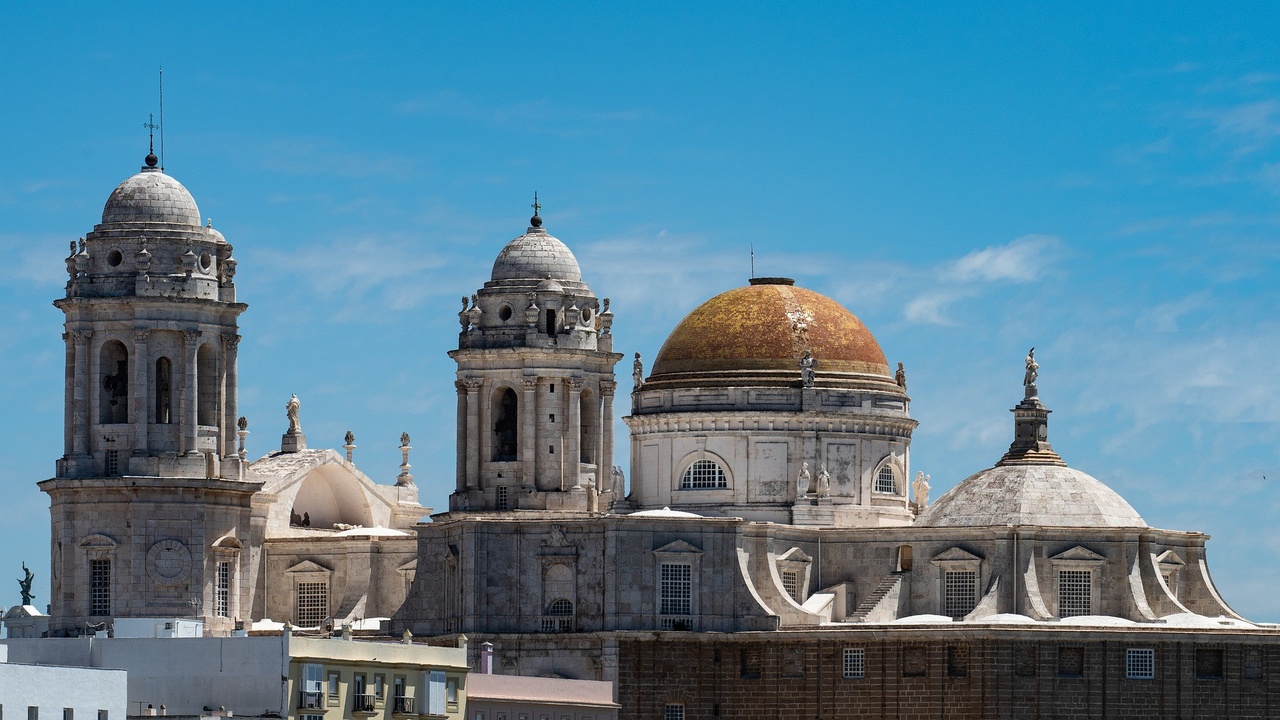
Not so long ago, I was on a family holiday in Cádiz (southern Spain) and having lived in the UK for quite a number of years now, I realise how the words “please and thank you” are completely ingrained in me as a mark of being “a polite woman” in the country where I live, but to the point of sounding weird and foreign in a Spanish context at times!
Let me give you a bit more background…
I was calling a restaurant to book a table and after each of my requests I kept saying “sí, por favor” (yes, please, but literally translated “yes, by favour”) to which the manager of the restaurant (an incredibly funny, typical jerezano gent as we could witness a few hours later) eventually replied: claro mujer, ¡y sin favor también! (Of course woman, and without a favour too!)
That really made me laugh (recognising my own Englishness) and then it led me to reflect on the Spanish use of “por favor” or “by favour” as something that you say to someone when you want them to go that extra bit further for...


